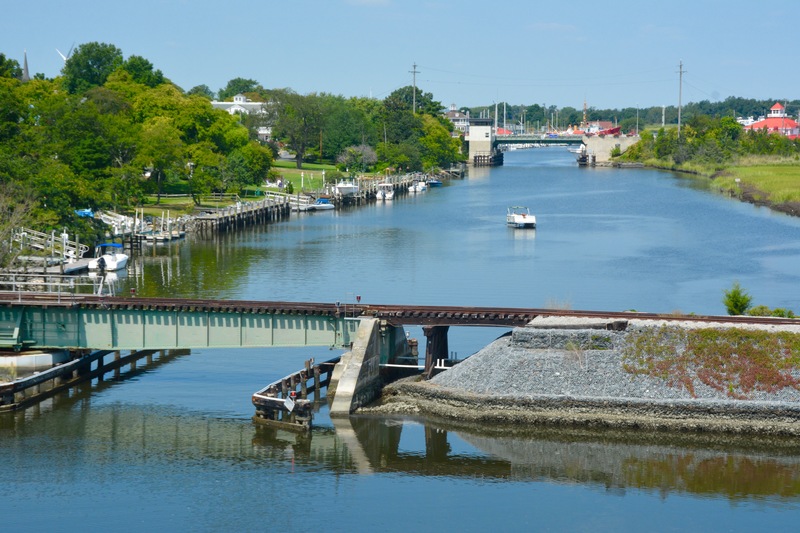Sussex County officials are keeping a watchful eye on a proposed bill in the General Assembly that would directly impact the pocketbook of every county resident.
Included in the Clean Water for Delaware Act is a clean-water fee based on assessed property value with no exemptions for farmers, businesses, government or even nonprofit agencies. The proposed fee would be assessed on local property tax bills and would be collected by the county.
Sussex County homeowners would pay a minimum of $45 per year into the Clean Water Trust Fund, with a maximum tax of $85 per year, based on 1974 assessments.
Sussex County Finance Director Gina Jennings, a member of the Clean Water and Flood Abatement Task Force, said the tax would generate $8 million from the county and $30 million a year statewide.
|
|
||||
Under proposed legislation, farmers would pay no more than $15,000, nonprofits and other traditionally tax-exempt agencies would pay no more than $12,500 and commercial properties, apartment complexes and industries would pay no more than $25,000 per year to the trust fund. All taxes would be based on an assessment formula.
The fee would be reduced by 65 percent for tax parcels within municipalities.
One of the provisions of the legislation is that 65 percent of the money collected in the county must be used for projects in the same county. Another 10 percent would be allocated to the county for administration of the clean-water fee program.
New Sussex engineer Hans Medlarz said the ultimate goal of the act is to clean up all of the state's 377 bodies of water polluted with excessive nutrients, toxins and bacteria, and low-dissolved oxygen. Fish in 30 of the state's waterways have been deemed unsafe to eat.
The fund would allocate low-interest loans, grants and leveraged financing to implement projects to reduce toxins, pollutants, nutrient loads and bacteria impacts in surface and groundwater throughout the state.
The bill notes that while federal and state grants are available for clean-water projects, funds do not meet the demand.
Council members Rob Arlett, R-Frankford, and George Cole, R-Ocean View, asked how the money in the new trust fund would be administered.
“There needs to be a lock box on any trust fund that the money shall not be transferred to be used for something else,” Arlett said. “There is a history of reallocated funds.”
The bill cites a backlog of needed sewer and wastewater infrastructure projects throughout the state including $500 million for wastewater facility upgrades, water systems for underserved communities and at-risk systems operated by homeowner associations in Sussex County. Another $150 million is needed for stormwater upgrades throughout the state, and $75 million is needed for projects to remove toxins from waterways.
The bill is sponsored by Rep. Michael Mulrooney, D-Pennwood, and Sen. Bryan Townsend, D-Newark. If the legislation passes, the fee would go into effect July 1, 2017.





















































